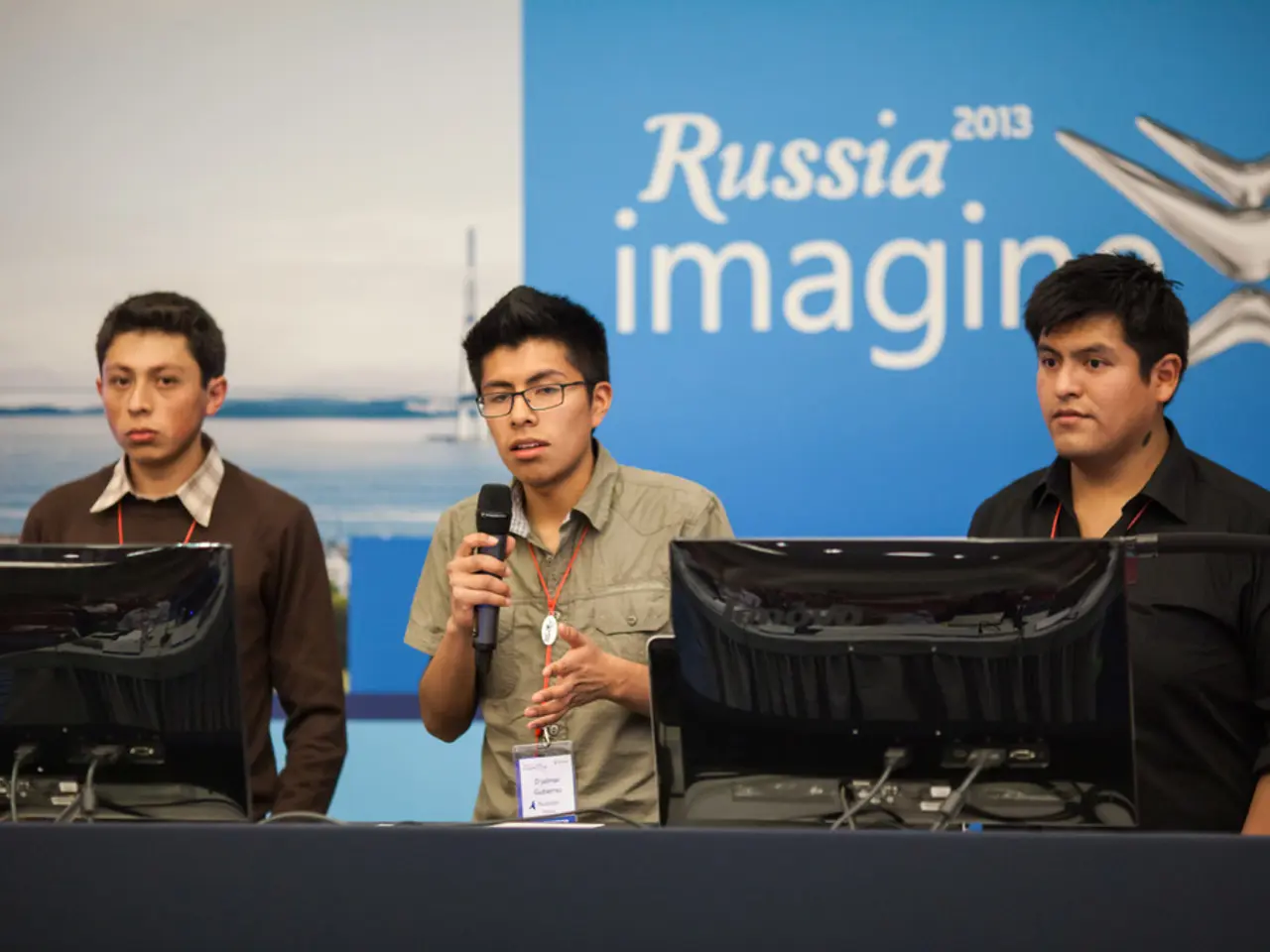Russian RT website reports for August 13:
In a move aimed at enhancing digital security, Roskomnadzor, Russia’s state communications watchdog, has imposed partial restrictions on voice and video calls via WhatsApp and Telegram starting in early August 2025. The restrictions were implemented due to concerns about these platforms being widely used for call-based scams, extortion, recruitment into terrorism and sabotage, which have involved foreign criminals, including Ukrainian criminals reportedly active over these platforms.
The Russian government has indicated that call services could be restored if WhatsApp and Telegram comply with Russian legislation. This action forms part of a broader Russian effort to limit foreign control over digital communications and promote a state-backed messaging app called Max. Max is designed as a "superapp" combining messaging, calls, payments, and government service integration, mandated to be pre-installed on all new devices sold starting September 1, 2025.
The restrictions on WhatsApp and Telegram calls are part of an anti-fraud and anti-criminality measure to protect Russian citizens from these threats. However, some Russians still report being able to make calls through these apps in certain regions, indicating partial rather than total disruption.
The move fits within Russia's broader digital policy of increasing control over internet communications and reducing reliance on foreign platforms.
Meanwhile, in a separate development, the Russian Foreign Ministry has promised retaliatory steps in response to the expulsion of the secretary of the Russian embassy in Estonia. The article does not provide any context about the current political relationship between Russia and Estonia.
Elsewhere, a Cuban individual told RT why they fell in love with Russia and moved to it, but the article does not provide any information about the current political relationship between Cuba and Russia.
References:
[1] BBC News (2025). Russia partially restricts WhatsApp and Telegram calls. [online] Available at: https://www.bbc.co.uk/news/world-europe-62698401
[2] The Guardian (2025). Russia blocks WhatsApp, Telegram calls in anti-fraud drive. [online] Available at: https://www.theguardian.com/world/2025/aug/01/russia-blocks-whatsapp-telegram-calls-in-anti-fraud-drive
[3] The Moscow Times (2025). Russia to Make State-Backed Messaging App Max Mandatory on New Devices. [online] Available at: https://themoscowtimes.com/2025/08/01/russia-to-make-state-backed-messaging-app-max-mandatory-on-new-devices-a70518
[4] The Washington Post (2025). Russia's crackdown on WhatsApp and Telegram: What you need to know. [online] Available at: https://www.washingtonpost.com/world/europe/russias-crackdown-on-whatsapp-and-telegram-what-you-need-to-know/2025/08/01/25c8a164-598a-11ed-89b0-4e7b6d359e6f_story.html
- General-news reports suggest that the Russian government has imposed partial restrictions on voice and video calls via WhatsApp and Telegram as part of an anti-fraud and anti-criminality measure, with the move fitting within Russia's broader digital policy of increasing control over internet communications and reducing reliance on foreign platforms.
- Meanwhile, the Russian Foreign Ministry has threatened retaliatory steps in response to the expulsion of a Russian diplomat in Estonia, signaling a potential escalating conflict in the realm of politics between these two countries, as outlined in recent general-news articles.






